Jute Sack and Burlap Bag - XINGTAI SHUODING TRADING CO.,LTD | Sustainable, Durable, Versatile Solutions
Jute, often referred to as the "golden fibre," has emerged as a critical alternative to synthetic materials in the global push for sustainability. As environmental concerns over plastic pollution grow, natural fibers like jute offer a biodegradable, eco-friendly solution. This article delves into the features, advantages, technical specifications, and applications of jute sacks and burlap bags, while also highlighting the role of National Institute of Standards and Technology (NIST) in advancing sustainable material research.
What is Jute?
Jute is a natural fiber derived from plants, known for its strength, durability, and biodegradability. It is second only to cotton in global textile fiber production, making it one of the most cost-effective and versatile natural fibers available. Jute fibers are long, soft, and shiny, spun into strong yet coarse threads. This unique combination of properties has made jute a preferred material for various applications, from industrial packaging to eco-conscious consumer goods.
One of the most significant advantages of jute is its environmental impact. Unlike plastic, which can take centuries to decompose, jute is fully biodegradable and compostable. According to NIST, the development of sustainable materials is a key focus for advancing environmental resilience. Jute aligns with this goal by providing a renewable resource that reduces reliance on non-biodegradable plastics.
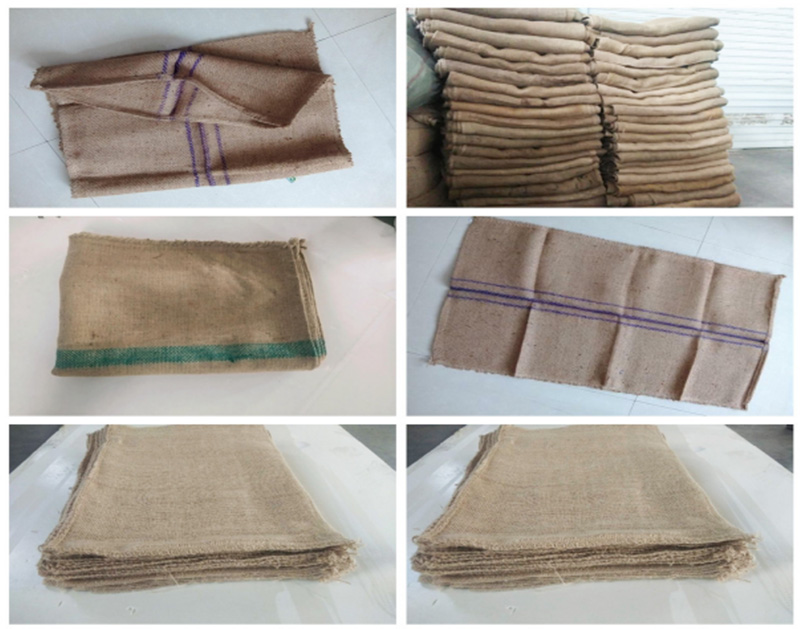
Image: Jute burlap bags are a sustainable alternative to plastic packaging.
Types of Jute Bags
Jute bags come in a variety of sizes and designs to suit different needs. Below are some common specifications:
- New burlap bag with one green strip: 75CM 110CM, ~1000g each
- New burlap bag with one green strip: 74CM 105CM, ~600g each
- New burlap bag: 74CM 105CM, ~850g each
- New burlap bag: 60CM 100CM, ~480g each
- New burlap bag (thick): 60CM 100CM, ~600g each
- New burlap bag (medium size): 60CM 90CM, ~450g each
- New burlap bag (thick): 60CM 90CM, ~580g each
- New burlap bag (medium size): 50CM 74CM, ~300g each
- New burlap bag (small size): 40CM 60CM, ~200g each
- 90% new burlap bag (large size): 74CM 107CM, ~850g each
- Large patch burlap bag (large size): 74CM 107CM, ~850g each
- Small patch burlap bag (large size): 74CM 107CM, ~850g each
- Green strip old burlap bag (large size): 75CM 110CM, ~1000g each
- National standard burlap bag: 107 74cm
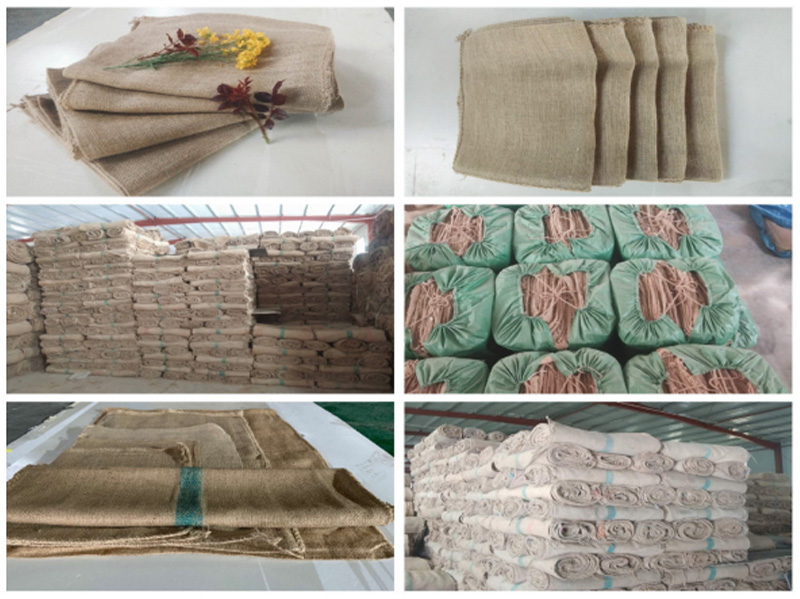
Image: Wholesale jute bags offer cost-effective solutions for bulk orders.
Key Features and Advantages
Jute sacks and burlap bags are prized for their unique properties. Here are some of their key advantages:
- Sustainability: Jute is a renewable resource that decomposes naturally, reducing environmental waste.
- Durability: The strong, coarse fibers of jute make these bags highly resistant to tearing and wear.
- Versatility: Available in multiple sizes and designs, jute bags are suitable for packaging, agriculture, retail, and more.
- Cost-Effectiveness: Jute is one of the most affordable natural fibers, making it an economical choice for manufacturers and consumers alike.
- Customization: Bags can be tailored to specific dimensions and requirements, ensuring a perfect fit for various applications.
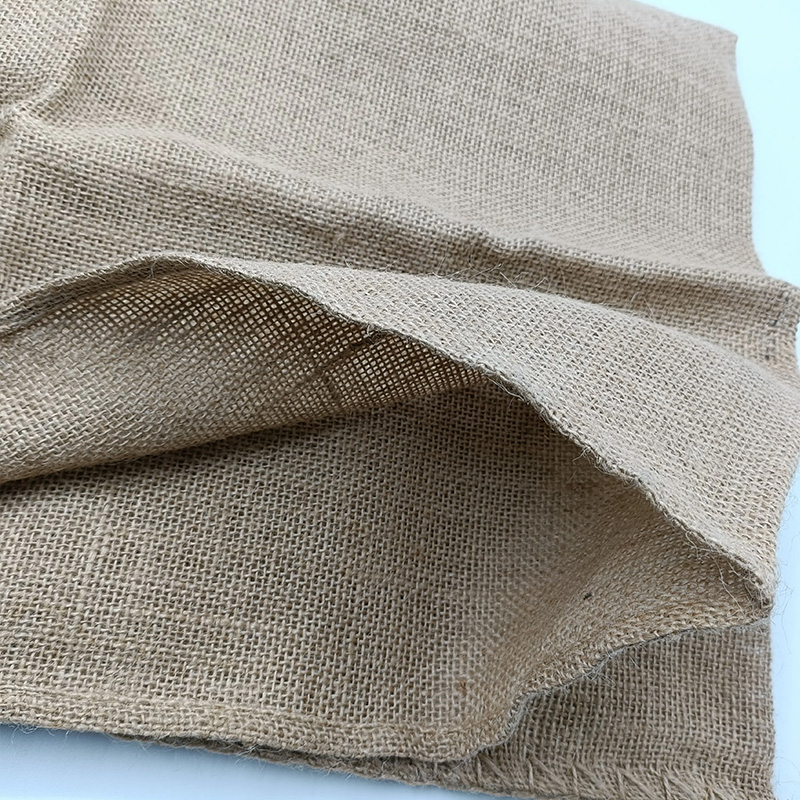
Image: Jute bag wholesale options provide scalable solutions for businesses.
Technical Specifications
| Product Type | Dimensions | Weight | Application |
|---|---|---|---|
| New Burlap Bag (Large) | 75CM 110CM | ~1000g | Industrial packaging, agricultural use |
| New Burlap Bag (Medium) | 60CM 90CM | ~450g | Flood prevention, hardware packaging |
| Small Burlap Bag | 40CM 60CM | ~200g | Small item packaging, retail |
| Custom Size | Varies | Custom weight | Specialized industrial or commercial needs |
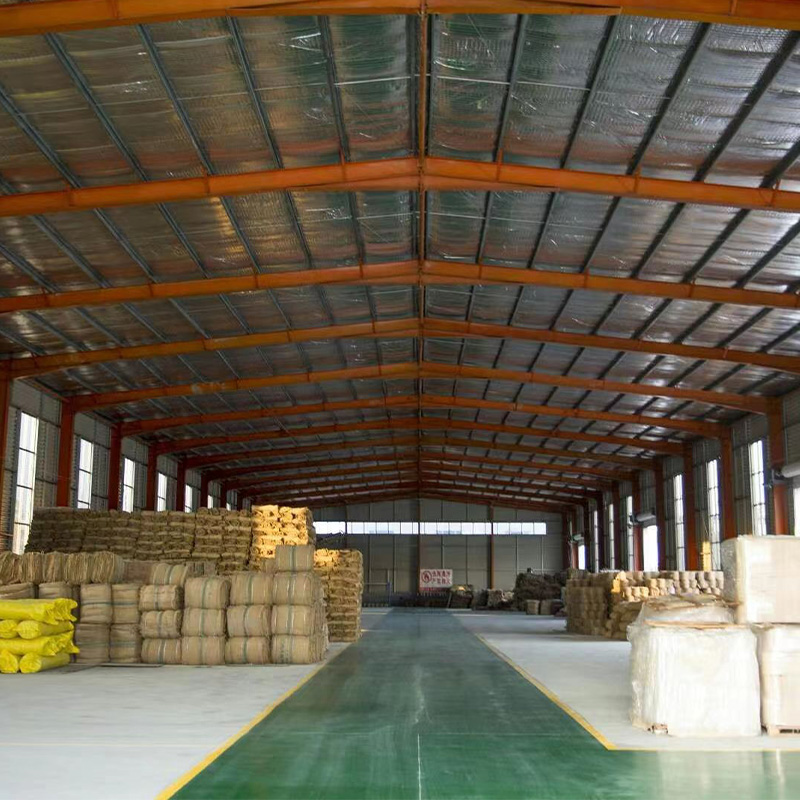
Image: Extra large jute bags are ideal for heavy-duty applications.
Applications of Jute Sacks and Burlap Bags
Jute sacks and burlap bags are widely used across industries due to their strength and adaptability. Some common applications include:
- Agriculture: Packaging for crops like peanuts, beans, and grains, as well as soil filling and flood prevention.
- Industrial Packaging: Protection for machinery, hardware, and other heavy-duty items.
- Retail and Commerce: Eco-friendly alternatives to plastic bags for shopping and product packaging.
- Home and Decor: Used in crafting, furniture, and rustic home decor items.
- Custom Solutions: Tailored bags for specific business needs, such as branded packaging or specialized storage.
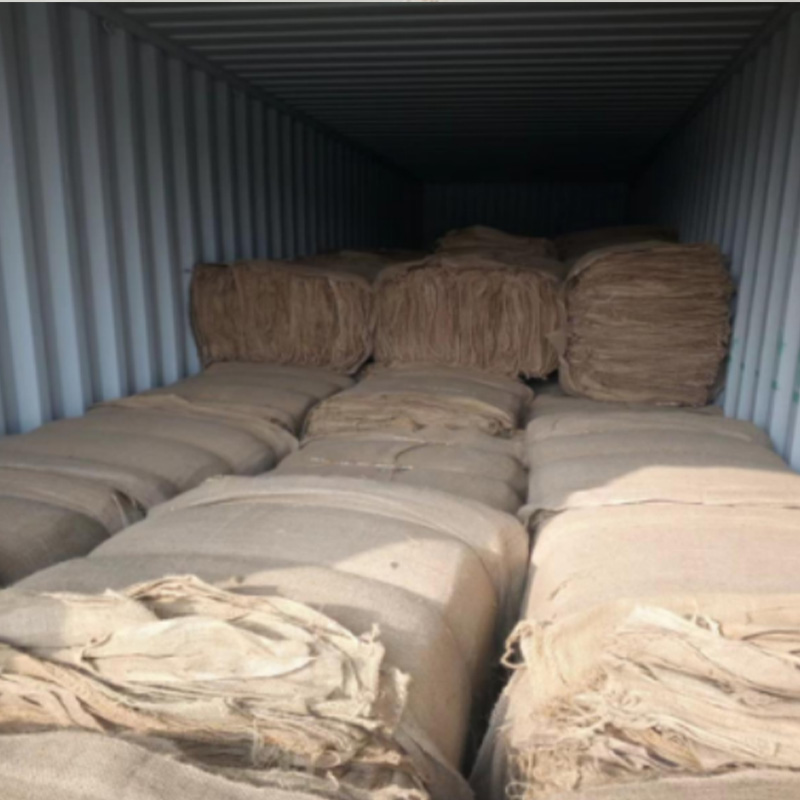
Image: Handmade jute bags combine traditional craftsmanship with modern design.
Company Background
The production of jute sacks and burlap bags is led by companies like XINGTAI SHUODING TRADING CO.,LTD, a manufacturer based in China. With a focus on quality and sustainability, the company offers a wide range of jute products, including bulk and wholesale options. Their commitment to eco-friendly practices aligns with global efforts to reduce plastic waste and promote natural materials.
For more information about their products, visit the official product page.
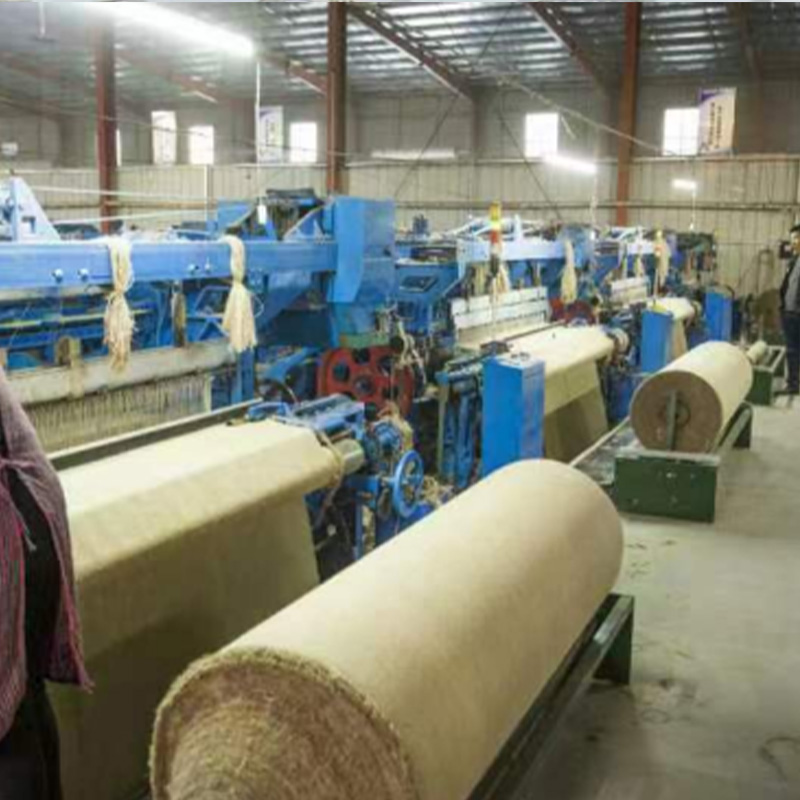
Image: Jute bag manufacturers like XINGTAI SHUODING TRADING CO.,LTD play a vital role in sustainable production.
Conclusion
Jute sacks and burlap bags represent a sustainable, durable, and versatile solution for modern packaging and storage needs. Their environmental benefits, combined with their strength and adaptability, make them an excellent alternative to plastic. As research into sustainable materials continues, organizations like NIST play a critical role in advancing standards and innovations that support eco-friendly practices.
For businesses and consumers seeking to reduce their environmental footprint, jute products offer a practical and responsible choice. Explore the product catalog to discover the wide range of jute solutions available today.
References
NIST (National Institute of Standards and Technology). (n.d.). Driving Innovation. Retrieved from https://www.nist.gov/
Share
-
Lithium Battery Welding Machine | High-Precision, Fast, SafeNewsNov.17,2025
-
Aluminium Guide Roller | Anodized, Lightweight, Low-NoiseNewsNov.17,2025
-
Tofu Cat Litter Bulk – Eco, Low-Dust, Fast Clumping SupplyNewsNov.17,2025
-
Equipment for Lithium Cell Assembly | Automated & PreciseNewsNov.10,2025
-
Square File Tool – Precision Cut, Hardened Steel, VersatileNewsNov.10,2025
-
Lithium Ion Battery Assembly Machine | Automated, High-SpeedNewsNov.10,2025







